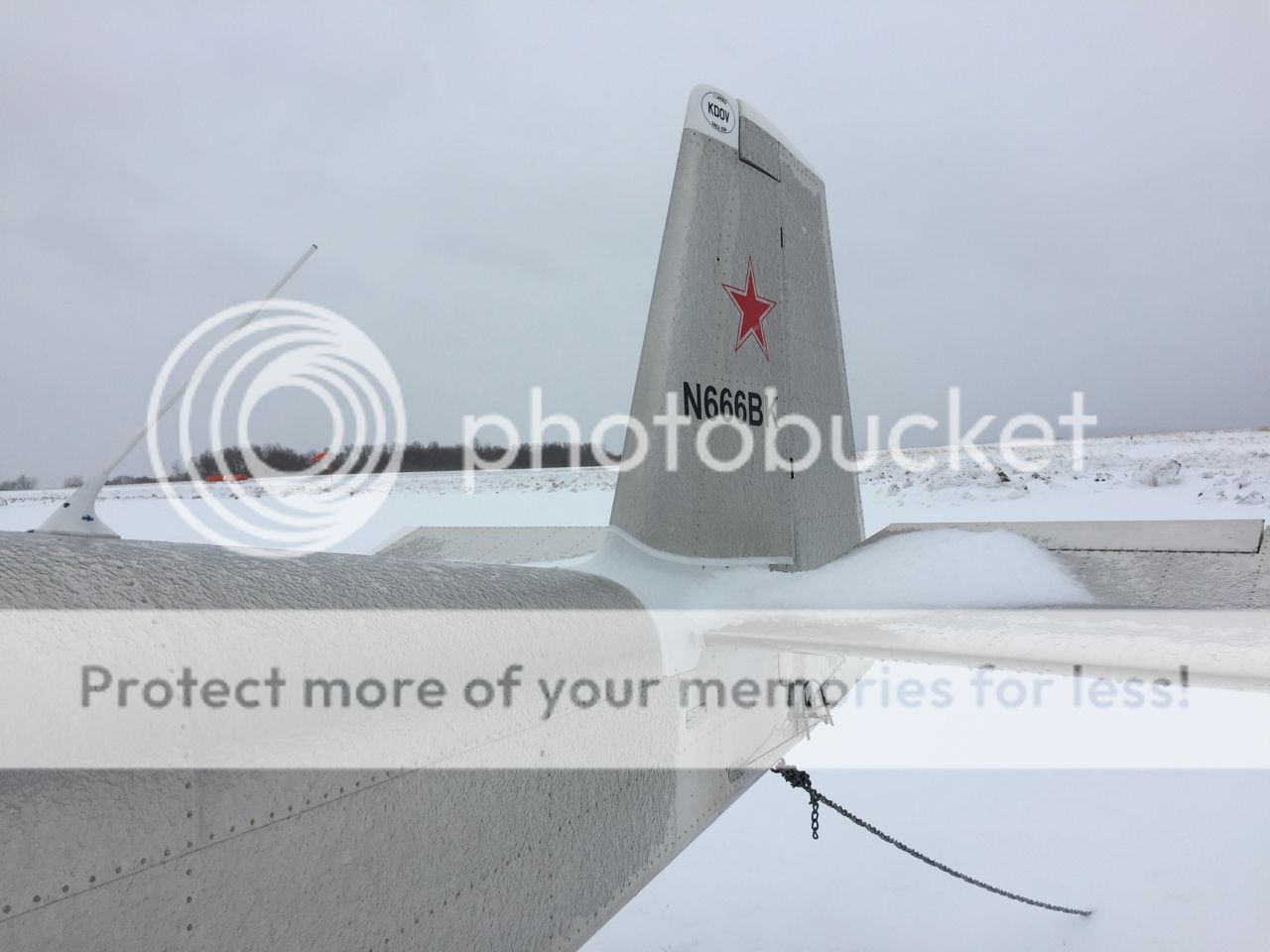In the beginning I had a master cylinder O-ring that was damaged in factory assembly (the O-ring was pinched in assembly and a small crescent was cut out of the edge as it was forced into position). The master cylinder leaked back up through the top and bled on the floor. I bought an overhaul kit and installed the new O-ring and all was fine (after I stretched the return springs to get the piston all the way back when released). Then I allowed the right brake pads to wear down sufficiently to allow the slave cylinder O-ring to clear the cylinder and the fluid bled on that side while parked in Florida. I made a improvised repair with some incorrect pads that were available and flew home. Later when landing at Prescott, AZ the right break line broke at the flare during a short turnoff (lot of pressure I'm sure). I borrowed a flare tool, fixed that and continued on to California the next day. Sometime in this scenario (beginning after Prescott I think but Jeanine says after Panama City) the right brake started making an embarrassing sqaulling noise. I attributed it to brake pad contamination. I tried cleaning and resurfacing the pads and I thought I had it but in fact the intermittent squall upon application of the right brake returned. I thought the pads were saturated so I replaced them but the squalling problem remained. I use the rudder to turn and I tap the brakes when necessary to minimize the squall and I'm getting pretty good at it but the squall remains. This year at annual time I went way overboard and replaced the discs as well as the pads thinking that something may have happened to the right disc during this time. Initially everything was blissfully quiet but yesterday the squall was back. I have some more ideas but I would sure welcome a wise (I mean that in a good way) input or two on this nuisance item.
Bob Axsom
Bob Axsom
Last edited:





